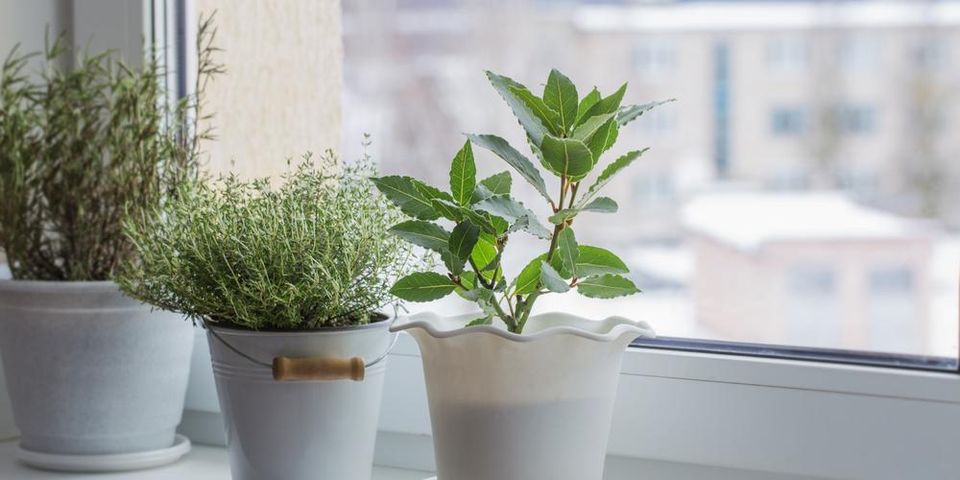How Does Home Window Tinting Affect Your Plants?

When most people think of window tinting, they picture cars with darkened auto glass. But home window tinting is also a surprisingly common option. In fact, many homes use specialized glass coatings that block ultraviolet rays without changing a window’s appearance—but how will this affect any plant life that needs the sun’s rays? Here’s a closer look at what these treatments actually do for your houseplants.
Extra Protection
 The primary purpose of window tinting is to keep out excessive heat and ultraviolet rays. This can actually help plants, as too much heat can cause their leaves to wilt. Many delicate plants need cooler temperatures to survive, and reducing temperatures near your windows will contribute to healthy growth. Blocking ultraviolet rays won’t have a negative effect on your plants, either. Plant life actually uses blue and red light rays to grow, which aren’t blocked by many types of home window tinting.
The primary purpose of window tinting is to keep out excessive heat and ultraviolet rays. This can actually help plants, as too much heat can cause their leaves to wilt. Many delicate plants need cooler temperatures to survive, and reducing temperatures near your windows will contribute to healthy growth. Blocking ultraviolet rays won’t have a negative effect on your plants, either. Plant life actually uses blue and red light rays to grow, which aren’t blocked by many types of home window tinting.
Avoid Excessive Darkness
While “invisible” home window tinting won’t harm your houseplants, dark tints can have some negative effects. These tints darken the room in part by blocking the blue and red light that many plants depend on to grow. If you prefer this tint, plants that require full shade when outdoors will be best suited for your house.
It isn’t unusual for plant growth to slow somewhat after new tinting is installed. To counteract these effects, you may wish to install grow lights or move the plants to a brighter part of the house.
Could your property benefit from home window tinting? Let Bi-State Glass Coatings take care of the work! Serving the greater Granite City, IL, area for over 30 years, the professional team at this family-owned business offers competitive pricing and great warranties so you can have confidence in their work. To learn more about their residential services, visit them online or call (618) 451-7346.

About the Business
Have a question? Ask the experts!
Send your question

